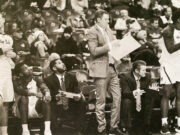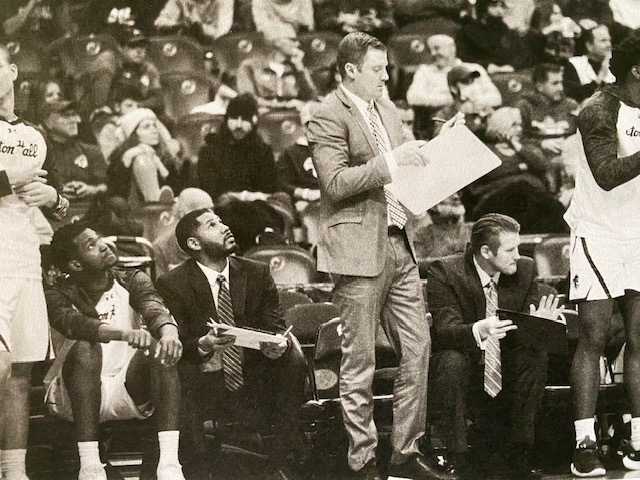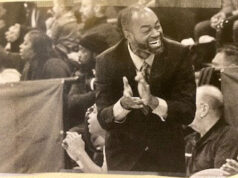By Margaret Wilkins, PhD
Coach Lynch Biography: Lynch arrives at Wagner College after nine seasons at Big East member Seton Hall. As the Coordinator of Basketball Operations for the Pirates, Lynch assisted with the program’s day-to-day operations, which included practice and game-day preparations. He also served as a lead coordinator for the Seton Hall University Basketball Camp. Lynch joined the Seton Hall program as a walk-on for the 2013-14 campaign and appeared in four games for the Pirates while garnering Big East Academic All-Star status. He previously spent three years as the Seton Hall women’s basketball team manager, serving as video coordinator and organizing practice and gameday operations.
Wilkins: What drew you to coaching college athletics?
Coach Lynch: As a student, I was a manager and walk-on at Seton Hall University, but I knew I wanted to coach. I felt as though starting my coaching career at the college level would be the best because, as a recent graduate, I could connect to the players. I could be coaching.
Wilkins: What is your coaching philosophy?
Coach Lynch: Hard work and preparation.
Wilkins: What are a couple of mental approaches that you use to explain your coaching success at the collegiate level?
Coach Lynch: Everything has a direct correlation with basketball. If you perform poorly in the classroom, you will perform poorly on the court. It would be best if you were willing to work extremely hard to be successful as a student-athlete both in the classroom and on the court. If you are negative off the court with your actions, then the results will show on the court.
Wilkins: How do you prepare your players mentally for a game?
Coach Lynch: I mentally prepare for a game by reviewing how we prepared the players with the scouting report. Because of how detailed we are with our scouting, I feel as though we have a chance to win every game before every game. I try to think about how the opposing coach will call the game to attack our strengths and weaknesses and ensure I am ready to adjust as the game goes on. I try not to overload the players on game day because I know they all put a lot of pressure on themselves to perform well. However, I try to remind them of their strengths and how to attack the opposing team using those strengths. I know that each player has pregame rituals, and I try not to interfere with them.
Wilkins: Would you be willing to give one example of how you use your mind to improve your coaching performance?
Coach Lynch: I always look at the off-season after the 2019-2020 was cut short because of COVID, and I had a lot of time to watch the film because we weren’t allowed in the office. I did a deep dive, studied several big-name programs, and looked at why they ran certain offensive sets. I was able to take a lot of those sets and apply them to our offense, not just for the 2020-2021 season but for future seasons.
Witkins: After a loss, do you ever find yourself doubting certain calls you made in a game? If so, does this affect your thoughts about your coaching philosophy?
Coach Lynch: It is tough not to question yourself about specific calls, but you can’t let them affect you for the next game because you cannot control whether the ball goes in the basket or not. I am confident that because I have a good understanding of the opposing team and a great understanding of our team.














